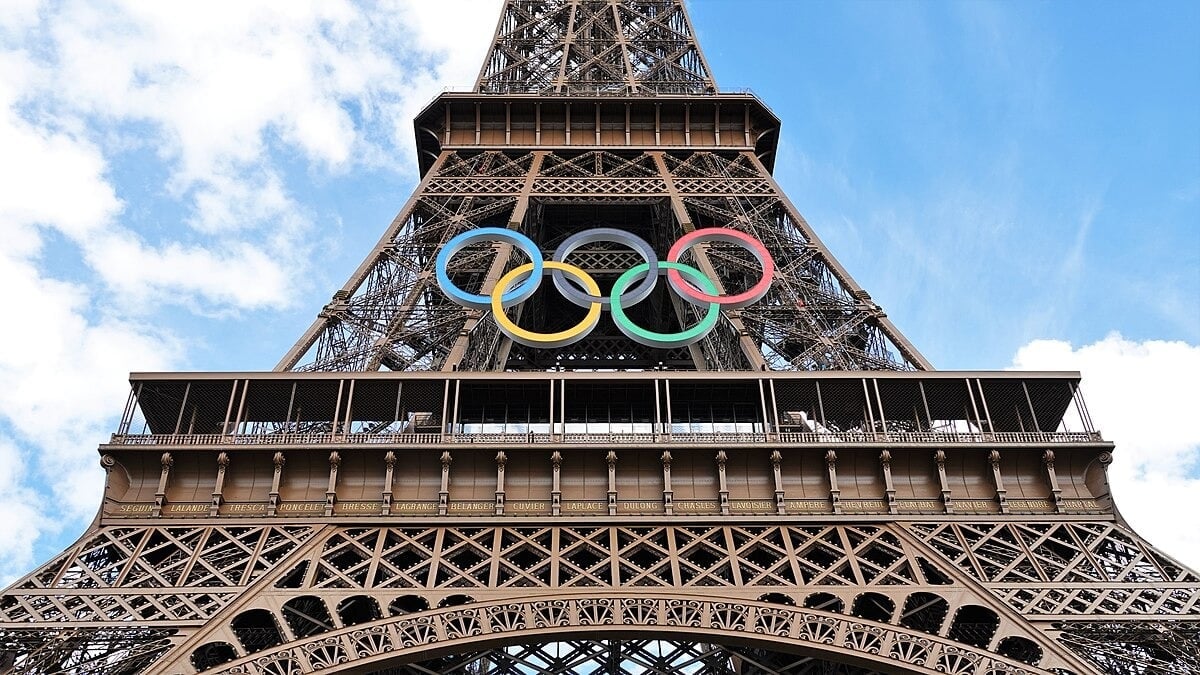The Olympic Games have always been more than just a celebration of athletic prowess. They are a global stage where political tensions, social issues, and international relations play out in front of a worldwide audience. The 2024 Paris Olympics proved to be no exception. As the world watched athletes compete for gold, many also took the opportunity to bring attention to the pressing political and social issues of our time.
Historically, the Olympics have often been a platform for political expression. From the Black Power salute by Tommie Smith and John Carlos at the 1968 Mexico City Olympics to the boycott of the 1980 Moscow Games by several Western nations in protest of the Soviet invasion of Afghanistan, the Games have never been insulated from the world’s conflicts and controversies. The 2024 Paris Olympics continued this tradition, with athletes and activists alike using the occasion to spotlight significant political issues.
One of the most notable political issues at the Paris Olympics was the widespread protest against France’s controversial pension reforms. The law, which raises the retirement age, has been met with fierce opposition across the country. Activists and labor unions linked their resistance to the pension reforms with opposition to the Olympics, arguing that the Games symbolized a government more concerned with grand displays than the welfare of its citizens. The slogan "No withdrawal, no Olympics" became a rallying cry, with demonstrators calling for the cancellation of the Games unless the reform was repealed. This movement highlighted the growing discontent with President Emmanuel Macron's administration and underscored the intersection of domestic policy and global spectacle.
Environmental concerns were also a significant source of controversy during the Games. Despite efforts by organizers to present the Paris Olympics as environmentally friendly, several issues arose that called this claim into question. Notably, the construction of facilities in sensitive areas, such as the surfing competition tower in Tahiti, sparked protests from local communities and environmentalists. Activists argued that the Games were contributing to the destruction of fragile ecosystems and that the environmental initiatives were little more than "greenwashing." The tension between the promotion of sustainability and the reality of environmental impact became a central theme of the Games.
The ongoing conflicts in Ukraine and Gaza also found a voice at the Paris Olympics. Athletes from various countries used their platform to show solidarity with the victims of these conflicts. Some wore symbols or carried messages during their events, while others spoke out in interviews and social media posts. Ukrainian athletes, for instance, displayed the blue and yellow colors of their flag during competitions, and some wore armbands with anti-war messages. Additionally, a Palestinian athlete raised a clenched fist after finishing a race, symbolizing resistance and drawing attention to the plight of people in Gaza. These acts of protest highlighted the global nature of the Olympics and the way in which it can amplify the voices of those affected by international conflicts. However, they also reignited debates about the role of politics in sports, with some arguing that such gestures distract from the spirit of the Games, while others maintained that silence in the face of injustice is not an option.
The 2024 Paris Olympics served as a reminder that the Games, despite their focus on unity and competition, cannot escape the realities of the world they inhabit. From domestic disputes like the pension reform protests to global issues such as environmental degradation and international conflicts, the political undercurrents were impossible to ignore. While the International Olympic Committee continues to uphold its rules against political demonstrations, the reality is that the Games have always been, and likely always will be, a stage for political expression. The Paris Olympics demonstrated that athletes and activists alike will continue to use this platform to voice their concerns and push for change.









